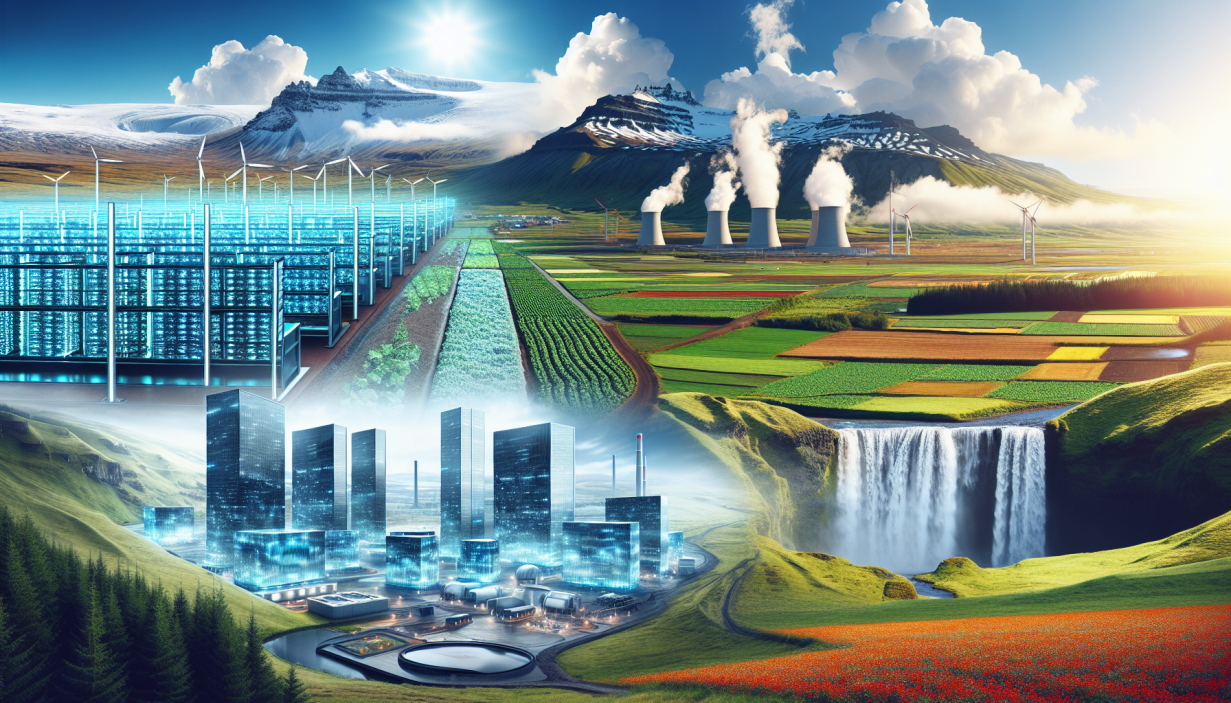Iceland Rethinks Crypto Mining
The country's officials want to shift their energy priorities toward agriculture
March 25, 2024 07:23 AM
Reading time: 1 minute, 15 seconds
TL;DR In a strategic move, Iceland's Prime Minister, Katrín Jakobsdóttir, indicated a significant shift in the country's energy policy. With an aim to enhance food independence and strengthen the power grid, Iceland will now prioritize sectors such as agriculture over the energy-intensive crypto-mining industry.

Iceland's Energy Shift
In a recent interview with the Financial Times, Iceland's Prime Minister, Katrín Jakobsdóttir, revealed plans to reallocate the nation's renewable energy resources. This decision marks a pivotal shift away from supporting the cryptocurrency mining sector, which has heavily relied on Iceland's abundant and cheap geothermal and hydroelectric power.
The Reason Behind the Change
The move is driven by a desire to increase food independence and to create a more robust energy grid. As the world faces increasing climate challenges and supply chain uncertainties, Iceland views this strategic pivot as essential for its long-term sustainability and security.
Impact on Crypto Mining
Iceland has been a haven for Bitcoin and cryptocurrency mining operations due to its cheap, renewable energy. However, this new policy direction raises questions about the future of crypto mining in the country. Critics argue that while the decision may bolster food security, it could deter technology investments and innovation.
Global Implications
This policy shift in Iceland could signal a broader trend where countries reassess the allocation of their renewable energy resources. The balance between supporting burgeoning technology sectors and ensuring national security and sustainability is becoming a critical conversation worldwide.
Looking Forward
While the immediate impact on Iceland's crypto mining industry remains to be seen, the Prime Minister's announcement has sparked a vital discussion on the sustainable and strategic use of national resources. As countries navigate the complexities of the modern world, the Icelandic model may offer valuable lessons on prioritizing long-term resilience over short-term gains.



